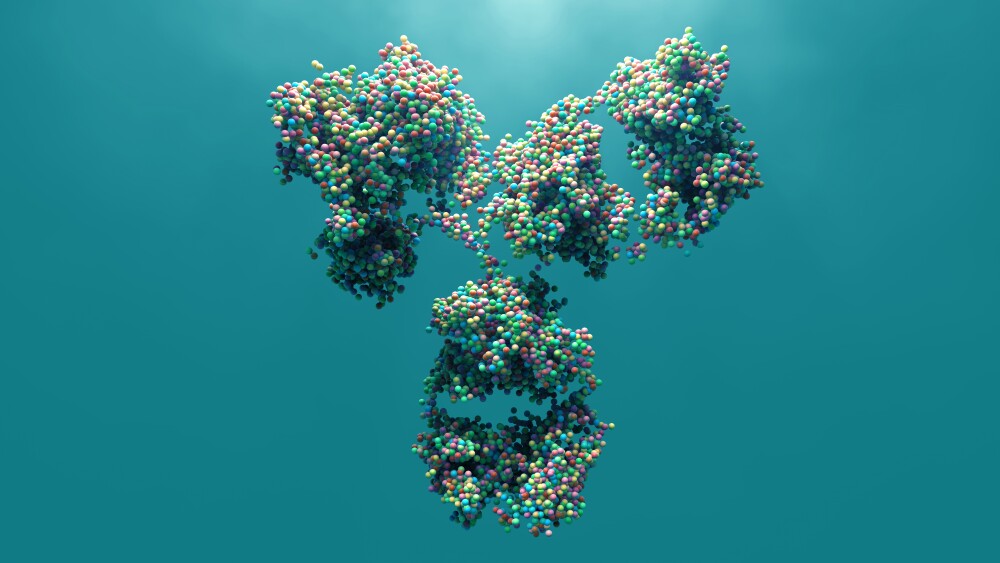The pivotal Phase II trial is testing Allogene’s CAR T candidate cemacabtagene ansegedleucel for large B-cell lymphoma. ALLO-647 was being used as a preparative lymphodepletion therapy.
A patient has died in Allogene Therapeutics’ Phase II ALPHA3 trial of cemacabtagene ansegedleucel, an investigative CAR T therapy for the treatment of large B-cell lymphoma.
However, the mortality wasn’t linked with the cell therapy itself, also known as cema-cel. Instead, Allogene attributed the death to ALL-647, a monoclonal antibody that targets the CD52 protein and was being used by the biotech as a lymphodepletion therapy to prepare patients for cema-cell treatment.
According to Allogene’s news release on Friday, the death was linked to liver failure, which in turn arose from “disseminated adenovirus infection in the setting of immune suppression.” The patient in question died 54 days after infusion. Severe infections such as these have been “rare” across Allogene’s trials, the biotech said, but “when present, they have been attributed to immunosuppression due in part to ALLO-647.”
Writing to investors on Friday afternoon, analysts at William Blair called the patient mortality “highly unfortunate,” and agreed with the company that “available evidence supports that the event was attributed to ALLO-647-mediated prolonged T-cell suppression rather than cema-cel.”
Allogene stock dropped 12% in trading Friday.
Owing to the mortality, Allogene has decided to discontinue the study arm that was using ALLO-647 as part of the immunosuppressive regimen and drop the antibody from its pipeline altogether. Instead, the biotech will move forward with only using fludarabine and cyclophosphamide (FC) as lymphodepletion treatments for patients receiving cema-cel. Allogene expects a futility analysis for ALPHA3 in the first half of 2026.
“We are supportive of the company’s decision to discontinue the FCA regimen in the ALPHA3 study,” William Blair wrote on Friday, however warning that “the standard lymphodepletion regimen with FC likely will not lead to as robust cema-cel expansion and persistence” as when ALLO-647 is added onto the regimen.
Still, the analysts noted that patients enrolled in ALPHA3 have lower burdens of disease, “suggesting that an enhanced lymphodepletion regimen may not be required.” Moving forward with just the FC regimen could also lead to “potentially higher commercial uptake” for cema-cel, if approved, “given the lower safety risks,” William Blair contended.






